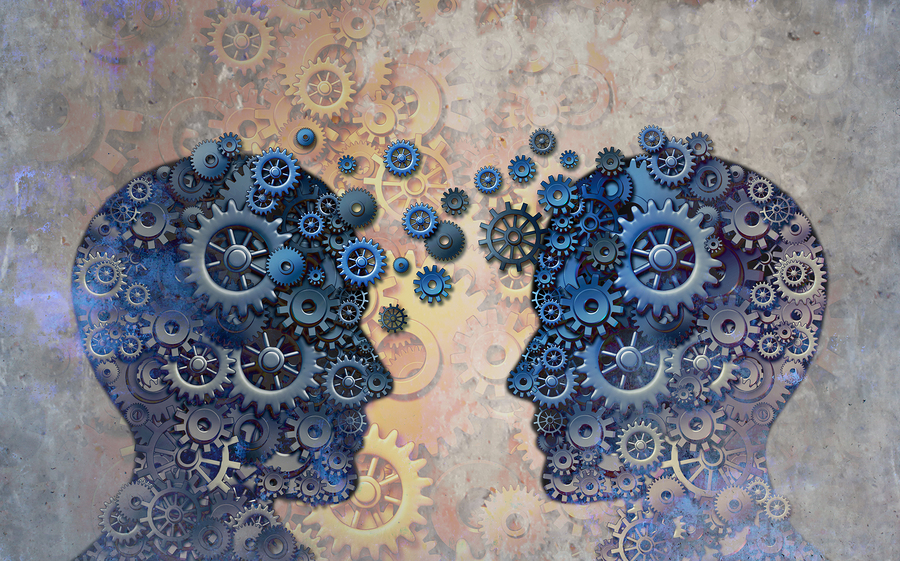Social intelligence has become a key tool for workers in the labor market.
Social intelligence is the capacity to communicate and form relationships with empathy and assertiveness. It comes from knowing yourself and exercising proper emotional management. We can say it is closely linked to emotional intelligence, but it is not exactly the same thing.
Emotional intelligence comes from introspection and covers aspects like emotional awareness and the role of emotions in the problem-solving process. It has more to do with how people manage themselves before they make contact with another person.
When you start interacting, social intelligence skills should kick in, along with emotional intelligence which covers tasks like expression, dialogue, listening, conciliation, and learning through communication with others.
What abilities does social intelligence convey?
Social intelligence manages the required abilities for effective communication based on empathy, self-knowledge, listening, and reading of emotions. These abilities are:
1. Verbal and non-verbal fluency
Conversational skills are the most basic form of social intelligence. Verbal and non-verbal expressions are the primary platforms for sending any message. The use of the right words, the ideal tone, and clear intention underlies the first step to effective communication.
2. Knowledge of social rules and roles
When you interact with a group, knowing their social rules, customs, and idiosyncrasies is a fundamental skill for socially intelligent people. This facilitates interaction with individuals who belong to different social groups, like people of different ages, countries, religion, or cultural identities.
3. Listening skills
Active listening is instrumental in the development of social intelligence. It helps to connect with other people, prevents conflict, and enables learning through dialogue. This contributes significantly to personal growth.
4. Understanding how other people’s emotions work
Understanding what triggers people’s emotions (either negatively or positively) is a key component in the exercise of empathy. This competency enables communication that takes into consideration the attributes and sensibilities of other people, which makes the message authentic and effective.
5. Playing social roles efficiently
This ability allows people to adapt to different social environments. Having a clear idea of what’s expected of us in a variety of different settings reduces stress in any situation and enables more constructive interactions.
6. Self-Image and impression management
This is the ability to present ourselves in a way that connects with others without stretching too far from our natural personality. The objective is to maintain a sincere demeanor that appeals to others, shows empathy, and reinforces our idea of self.
Why is social intelligence necessary for education and future jobs?
Social intelligence uses the management of emotions and self-awareness to improve interactions, foster leadership, and enable the execution of unique intellectual tasks.
There has been a lot of debate about automation and the potential unemployment this could bring. The workers’ capacity for re-skilling, adaptation, and continuous learning will be indispensable for them to maintain their value in the job market.
The less a task is susceptible to computerization, the more likely it will be done by humans. Political commentator and comedian John Oliver offers a sharp insight into this subject. In a piece about automation, he provides an accurate perspective about why social intelligence is so vital to creating jobs only humans can do: “You can do a series of non-routine tasks that require social intelligence, complex critical thinking, and creative problem-solving,” said Oliver to answer a boy who asked about possible jobs he could do in the future that robots could not perform.
Social intelligence is essential for unlocking the skills of effective communication, dialogue, and teamwork to create an optimal and productive work environment. Until recently, social intelligence was a priority that few people had, mostly because they already had the right mindset for it and picked up the associated skills along the way, but training to develop social intelligence is relatively new.
Today, teaching social intelligence is indispensable because it is the best resource to build and maintain a good work culture and to protect jobs in an era of increasing automation. Students need the tools to develop social intelligence beginning in the first levels of education so they can acquire it through their school years and master it in their adult lives.
This article from Observatory of the Institute for the Future of Education may be shared under the terms of the license CC BY-NC-SA 4.0 
)
)


)